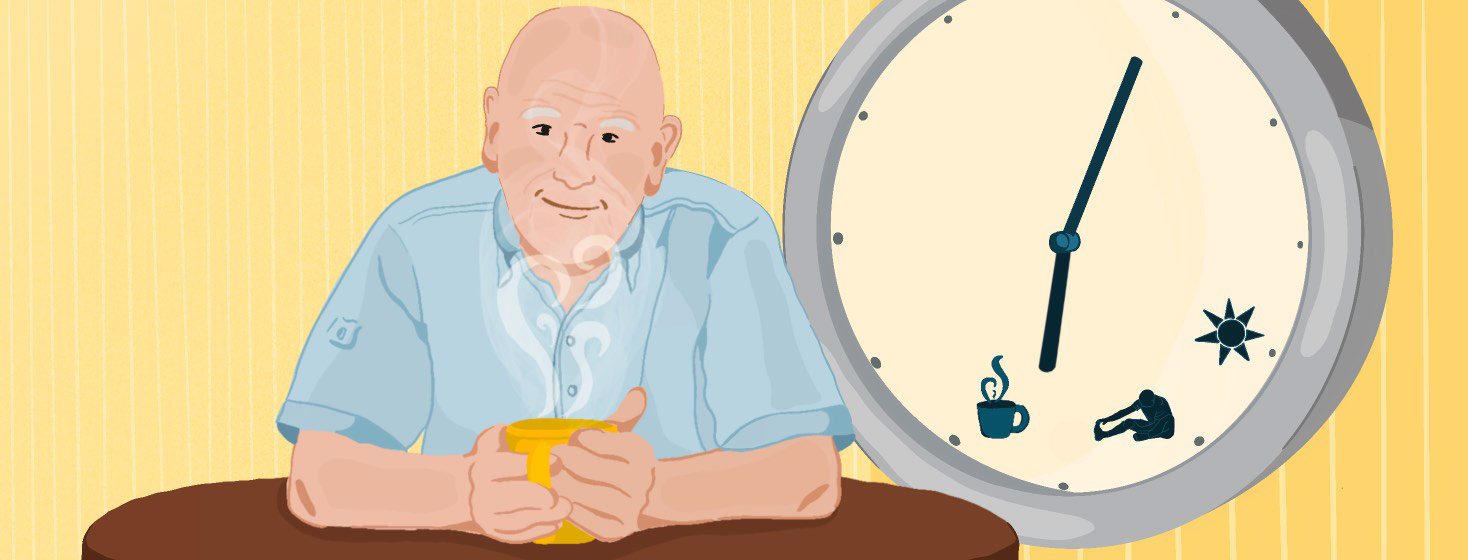The Secret Sauce of Caregiving: 5 Tips You Can Use Today
Let's set the record straight, shall we? Caregiving life isn't butterflies and rainbows all the time. There, I said it!
Don't get me wrong, I am so grateful to be able to support my mom along this journey. I have been caring for my mom with early onset Alzheimer's for over 10 years. If I'm being honest, I did not get into this role with a winning state of mind. This was one of the toughest challenges I have ever faced but with lots of research, trial, and error, I have been able to come through this crisis and succeed together with my mom. Are you wondering how I got to this point? Well, let's break down some fundamentals to the secret sauce of my Alzheimer's caregiving success.
1. Let go and embrace the everyday
I struggled quite a bit with the idea of losing my mom, not so much physically but losing her personality, losing our connection and our strong bond. She was my anchor for so long that when the roles reversed, I was truly confused about how to move forward.
When I began to understand the deeper meaning of the art of letting go, which is to open oneself to a new chapter and allow for the unknown, I slowly embraced the everyday.
2. Create a dementia friendly home
Initially, I did not associate my mom's uneasiness and even clumsiness with advanced Alzheimer's. In my research, I discovered that coordination, balance, and even vision are affected as the disease progresses. Creating a dementia-friendly home can have a tremendous effect on your loved ones' living experience as they begin to lose their coordination functionalities. For example, replacing square coffee tables with round ones can help to limit dangerous falls or installing a non-slip rug pad under central rugs to prevent tripping.
3. Accept each stage of Alzheimer's
Stay limber my caregiving rockstars because every day looks different with someone who has a cognitive disability. Ah yes, there can be days of pure bliss and then others where you are unsure of it all.
To this, I say: accept each stage… But with a plan. For example, if your loved one is in the repetitive stage, locate the trigger - are they hungry, tired, confused. Do your best to address it.
4. Develop a routine for your caree
Consistency in the form of a routine is key to keeping your loved ones calm and also offers a sense of confidence for them. Knowing what to expect for their everyday life. There are many ways to provide a routine and even options for differentiating the weekdays from the weekends.
One idea of this is by enjoying specific activities on the weekday that differs from the weekend, so perhaps arts and crafts from Monday to Friday and scrapbooking from Saturday to Sunday.
5. Develop a routine for yourself
Now here's the thing, our loved ones' routine may change often due to their stages progressing, but our routine should at its base remain the same.
Caregiver tip: our routine can include self-care rituals that are practiced daily such as drinking a glass of water right before starting the day. Integrating self-care into our routines gives us back energy and something to look forward to.
Alzheimer's caregiving success: it's a mindset
If you didn't get anything at all after reading this article, my hope is that you come away with this secret sauce - which is more of a fact - that you can do hard things and have Alzheimer's caregiving success in your journey! You've got this!

Join the conversation